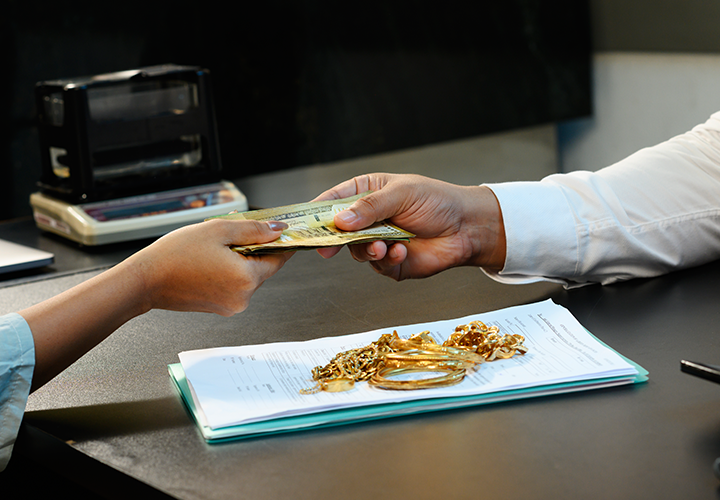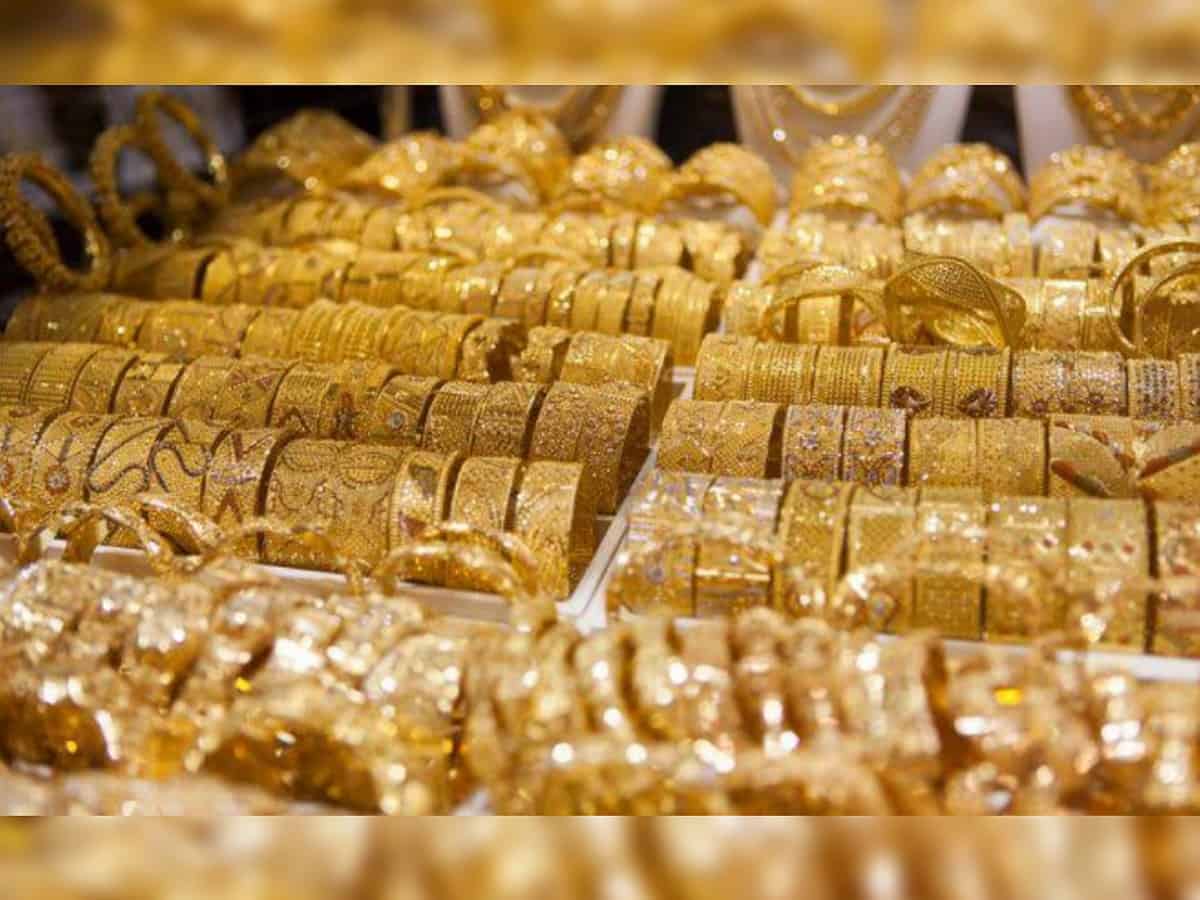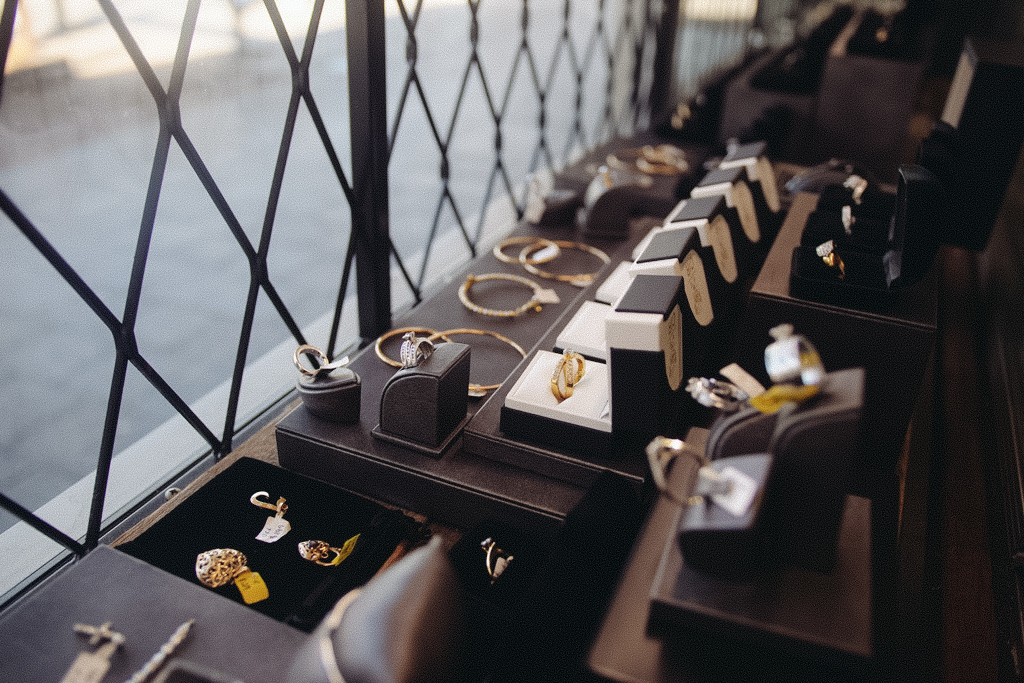


When you’re planning to sell your gold for cash in Sri Lanka, it’s crucial to confirm the authenticity and weight of your items before approaching any buyers. You’ll want to gather multiple quotes from reputable jewelers to ensure you’re getting a fair deal. Remember, the condition and presentation of your gold can significantly impact its value, so consider cleaning and organizing your pieces properly. It’s also wise to stay updated on the current gold market trends, as this knowledge can influence when you decide to sell for the best possible price. Curious about the next steps? Consider the strategies for negotiating with potential buyers and the importance of documentation in securing a seamless transaction.
Used gold selling in Sri Lanka
When selling used gold in Sri Lanka, it’s crucial to gather multiple quotes and ensure your items are properly evaluated for authenticity and weight. You’ll want to approach several reputable jewelers to compare offers. This helps you get a fair deal based on current gold prices.
It’s also vital to check each piece for a hallmark or a 24-carat purity sign. These marks are your gold’s proof of authenticity and will significantly influence the price you’re offered. Remember, the final price of your gold is determined after various tests that confirm its purity and weight. Don’t rush this step; make sure you’re present during the testing to witness the process.
Furthermore, consider selling back to the shop where you originally purchased your gold. Often, these shops might offer you a better rate as a returning customer. This is especially true if you
have the original bill which acts as proof of purchase and guarantees the quality of the gold.
Lastly, keep in mind that prices can vary widely among different buyers. Conducting thorough research on recent gold trends and staying informed about the market will put you in a stronger negotiating position.

Preparing Gold for Sale
Before you sell your gold, ensure it’s clean and well-presented to attract the best offers. Start by gently cleaning your gold items with a soft cloth to remove any dirt or grime that might’ve accumulated. If you’re dealing with intricate jewelry that has hard-to-reach nooks, use a soft-bristled toothbrush dipped in warm soapy water. Be careful not to scrub too hard as you could scratch the surface. After cleaning, rinse your gold under lukewarm water and dry it thoroughly with a clean, soft towel.
Next, organize your gold pieces. If you have the original packaging or cases, use them to display your items. This not only enhances their appearance but also suggests good maintenance, which can increase their value. Check each item for any damages or repairs needed. If you find any, consider having them fixed by a professional. Presenting your gold in the best possible condition will help you get the best price.
Selling Without a Receipt
Selling your gold without a receipt can be challenging, as most reputable dealers require proof of purchase to verify its quality. However, if you’ve misplaced the original bill or inherited the gold, you still have options. It’s vital to understand that not having a receipt may affect the resale value or acceptance of your gold items.
Firstly, you’ll need to demonstrate the authenticity of your gold. Prepare to have the gold tested for its purity at a trusted jeweler or testing center. This step is crucial since you can’t provide a receipt; the test results will serve as a form of credibility for your items.
Next, consider approaching smaller, local jewelers or shops that might be more flexible about purchase proof requirements. They might accept the gold after thorough testing, though possibly at a lower price compared to what you’d expect with a receipt.
Evaluating Gold Buyers
You should carefully assess potential gold buyers to ensure you receive a fair price and trustworthy service. Start by checking if they’re accredited. Official recognition from a reputable body confirms that the buyer adheres to ethical standards and business practices. You’ll also want to read reviews and testimonials from past sellers. This firsthand feedback can give you insights into the buyer’s reliability and the fairness of their pricing.
Next, consider their transparency in evaluating and pricing gold. A trustworthy buyer won’t hesitate to explain their evaluation process and how they determine the price they offer you. They should be using standardized methods for testing gold purity, like acid tests or electronic testing. If they’re vague about their methods or the factors influencing their prices, it’s a red flag.
Also, compare quotes from multiple buyers. Don’t jump at the first offer; instead, take your time to see who gives the best value. Remember, reputable buyers are usually competitive and consistent in their pricing. They should align closely with current market gold rates, ensuring you get a fair deal based on the actual value of your gold.

Finalizing the Transaction
Once you’ve agreed on a price, it’s crucial to ensure all transaction documents are complete and accurate. You’ll need to carefully review the details of the sale, especially if you’re selling without a receipt. Make sure the weight, purity, and type of gold are clearly stated. If you’re selling back to the original shop, they should have records that match your item’s description.
Next, confirm that the payment terms are clearly outlined. Most jewelers offer immediate cash or bank transfer options. Choose the one that’s most secure and convenient for you. Verify the amount and ensure there are no hidden fees or charges. Don’t hesitate to ask for a breakdown if something isn’t clear.
Before you sign any document, read through it thoroughly. If there’s anything you don’t understand, ask for clarification. Remember, once you sign, you’re confirming the accuracy of all information and agreeing to the sale terms.
Lastly, get a receipt. This is your proof of the transaction and will be vital if any issues arise later. Ensure the receipt includes the date, purchase details, and the jeweler’s signature. This document will also help if you plan to buy or sell gold in the future.
Understanding Market Trends

To successfully sell gold in Sri Lanka, it’s essential to stay informed about current market trends. Knowing when gold prices are peaking can significantly enhance your returns. Typically, gold prices fluctuate based on global economic stability, currency values, and demand for the metal. You’ll find that during times of economic uncertainty, gold prices tend to rise as it’s considered a safe investment.
You should regularly check the international gold market trends, but don’t overlook local factors that might affect prices, such as changes in local economic policies or fluctuations in the Sri Lankan rupee. Keeping an eye on these trends will help you decide the best time to sell your gold.
Additionally, it’s wise to follow financial news and updates from trusted commodity websites or financial institutions in Sri Lanka. They often provide detailed analysis that could give you an edge in understanding future price movements. Engaging with online forums or local investment groups can also offer insights into what other gold sellers are experiencing in the market.
Frequently Asked Questions
Can I Sell Gold That Has Been Inherited Without Documentation?
You can sell inherited gold without documentation, but it’s trickier. Verify its authenticity, and approach reputable dealers who may accept it. Expect potentially lower offers due to the lack of provenance.
Are There Any Legal Penalties for Selling Counterfeit Gold?
Yes, you’ll face legal penalties for selling counterfeit gold. It’s considered fraud, punishable by fines or imprisonment, depending on the severity. Always verify gold authenticity to avoid breaking the law.
How Do Seasonal Changes Affect Gold Prices in Sri Lanka?
Seasonal changes can affect gold prices in Sri Lanka. You’ll notice prices may fluctuate during festivals or economic shifts, so it’s wise to monitor these trends before you plan to sell.
What Are the Tax Implications of Selling Gold?
When you sell gold, you may face tax implications depending on the profit made. It’s vital to understand your country’s tax regulations to see if capital gains tax applies to your transaction.
Can I Trade Gold for Other Precious Metals Instead of Cash?
Yes, you can trade gold for other precious metals instead of cash. Research dealers who offer metal swaps and ensure they’re reputable to avoid potential scams. Always verify market rates before trading.
Conclusion
When you’re ready to sell your gold in Sri Lanka, make sure to gather quotes from multiple trusted jewelers. Clean and prepare your gold, and if you’re selling without a receipt, verify its purity.
Choose reputable buyers, and always review the final terms carefully. Stay updated on market trends to maximize your returns.
Selling gold can be straightforward and profitable, provided you take the right steps to ensure a smooth and secure transaction.
